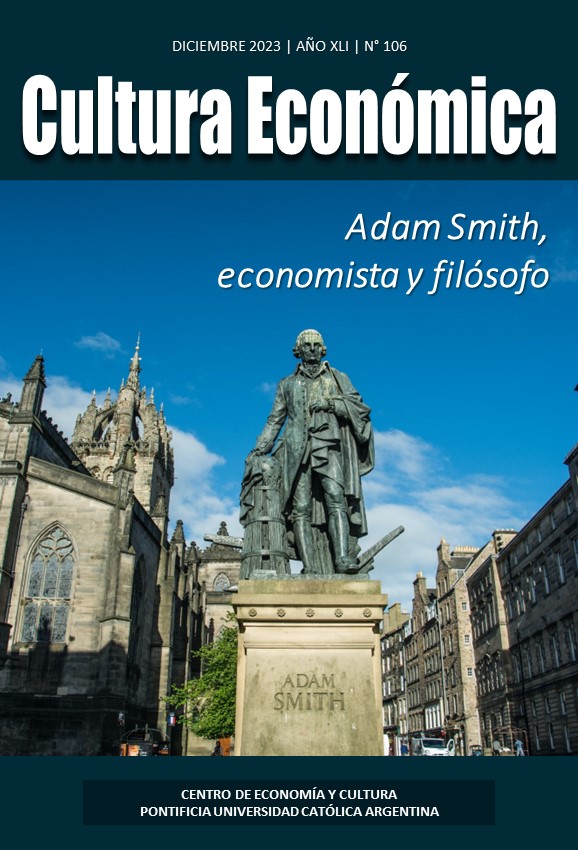Capitalism, alienation and welfare. From the industrial revolution to the uberization of economic life
DOI:
https://doi.org/10.46553/cecon.41.106.2023.p89-103Keywords:
Division of labor, alienation, thought experiment, public education, late capitalism, classical capitalismAbstract
In the following essay I propose to review Adam Smith’s ideas about the division of labor as a form of productive organization and the impact it has on people's lives two hundred years after his birth. Firstly, I will compare what I consider to be the main coincidences and divergences between Smith’s and Marx’s analysis on this issue. Next, I will present a mental experiment that I have called the “Zapallar Experiment”, whose purpose is to show that the tension that can be recognised between Smith and Marx’s ideas is still alive. Thirdly, I will review, using the previous conceptual framework, the problem of the division of labor in a context in which, according to Zizek, the presence of a “late capitalism” has brought an ideological change in the working classes.
Downloads
References
Smith, A. (2010) [1776]. La Riqueza de las Naciones. Alianza.
Gilson, E. (1952). El espíritu de la filosofía medieval. Emecé.
Marx, K. (1997). Manuscritos de economía y filosofía. Alianza.
Zizek, S. (2018). La vigencia del Manifiesto Comunista.
Downloads
Published
How to Cite
Issue
Section
License

This work is licensed under a Creative Commons Attribution-NonCommercial-ShareAlike 4.0 International License.













